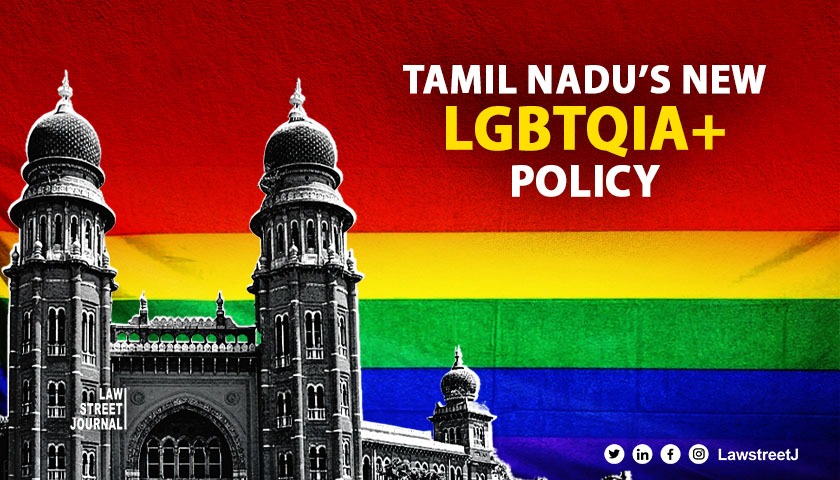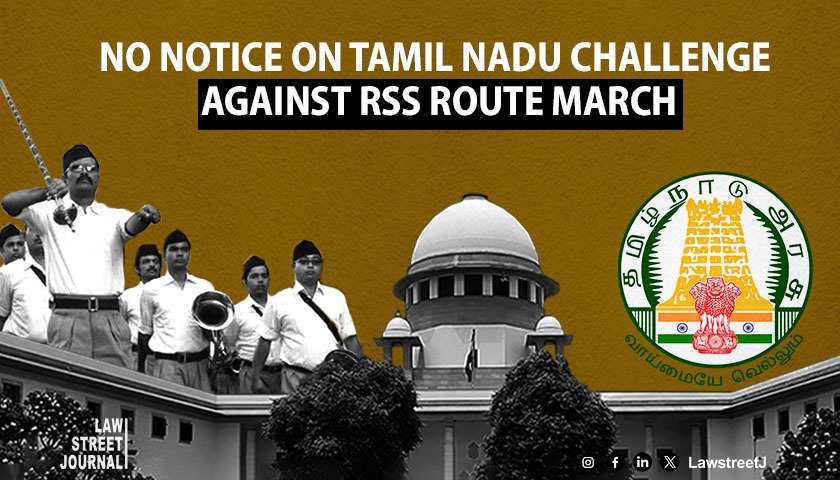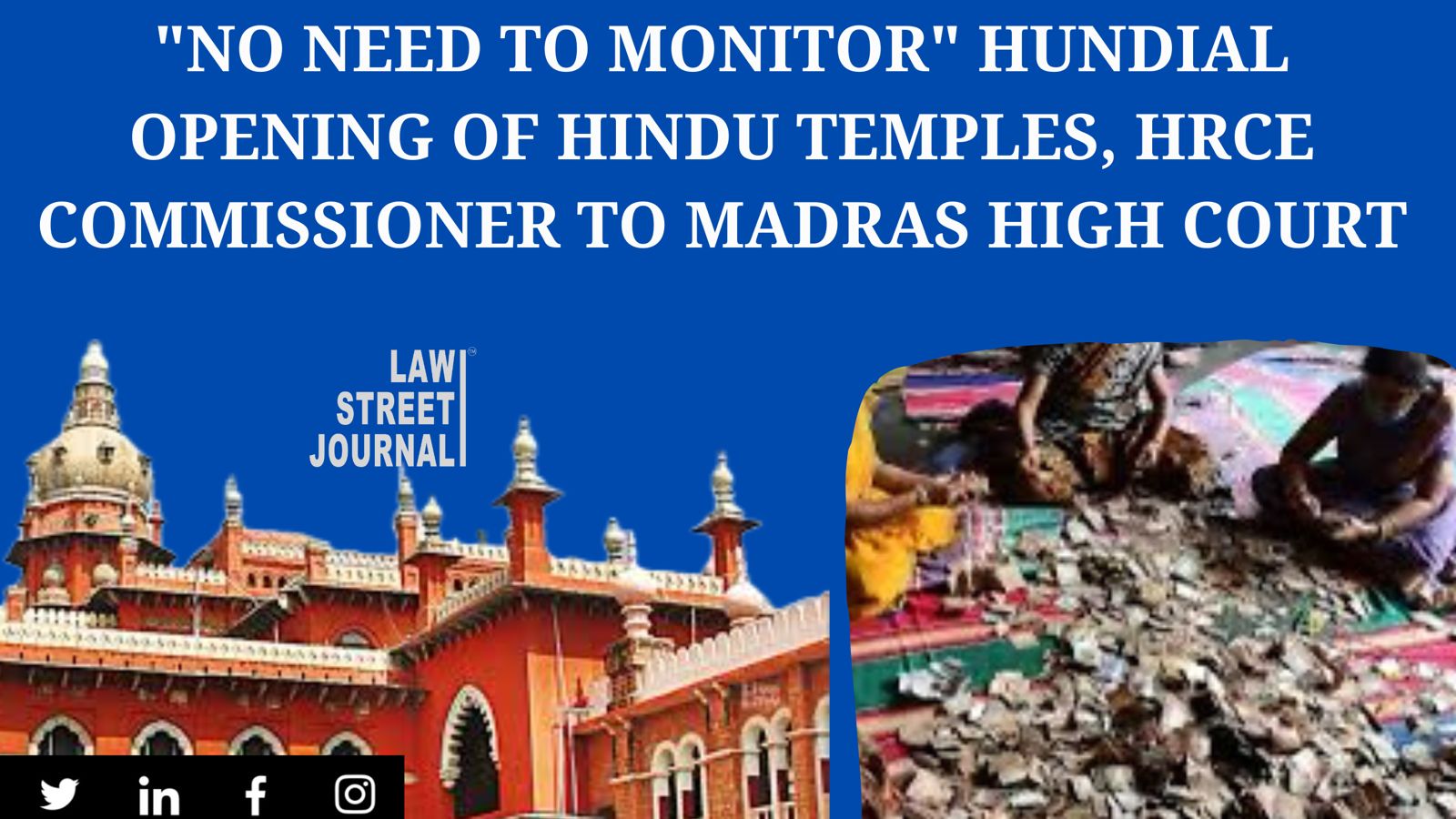CHENNAI: The Madras High Court on Tuesday lauded that State government for drafting and introducing the Tamil Nadu Gender and Sexual Minority (LGBTQ+) Policy (Draft), aimed at addressing the rights and welfare of the LGBTQIA+ community.
After going through the content, Justice N Anand Venkatesh opined that the policy was detailed and comprehensive. This showcased the States commitment to inclusivity and empowerment.
In conclusion, the Tamil Nadu Gender and Sexual Minority (LGBTQ+) Policy, with its intricate details and comprehensive approach, stands as a testament to the state's purported commitment to inclusivity and empowerment. The subtlety with which the policy navigates the complex landscape of LGBTQ+ rights in Tamil Nadu contributes to a dialogue on diversity and acceptance.
The key highlights of the policy include:
1. Horizontal reservations in education and employment for transgender and intersex persons
2. Name and gender recognition for transgender and intersex persons
3. Employment, livelihood and associated schemes
4. Medical and healthcare facilities
5. Stakeholder awareness and sensitisation
6. A Sexual and Gender Minorities Commission is suggested to be formed with quasi-judicial powers to determine, investigate and enforce the law, schemes and programs as per state laws and policy.
Further, the court said that the ambitious objectives of the policy reflect a conscientious effort to create an enabling environment, encourage voluntary action, and expand outreach activities.
The emphasis is at combating discrimination and violence against sexual and gender minorities, alongside the push for sensitization across various groups. This signals a commendable endeavour on the States part to eradicate societal biases, the judge underscored.
The policy's consideration for specific sub-groups within the LGBTQ+ community speaks to a nuanced approach to services, inclusion, and sensitization. The acknowledgement of the diverse perspectives from the drafting committee and community consultations in the policy development process adds credibility to its comprehensive nature.
Since the court was aware of the fact that the implementation of the final policy will take some more, three months time was granted to the State. Because, interest of the stakeholders and more particularly the interest of persons belonging to the transgender community has to be addressed, the court stated. Also, it was added that the policy requires to be translated into Tamil and only then, it will have a wider reach and there will be more response from the stakeholders.
Ultimately, it must be made clear that neither the Court nor the State Government is attempting to hasten up the process and there can be an assurance that the policy which is more beneficial to the persons belonging to the community alone will be made operational.
In the order, it court also took note of the collaborative effort of the Social Welfare Department, State Planning Commission, and LGBTQIA+ community, including the drafting committee in the policy's formulation.
This apart, the court was informed that the portal of the National Institute of Social Defence (NISD) was inviting applications for registration of NGOs working in domain of LGBTQIA++.
The Court then directed for the process of enlisting to be kept open till the next date of hearing. "This will ensure that more NGOs will come forward and submit their applications for enlisting themselves in the official portal," court said before adjourning the matter to June 10.








![Madras High Court Directs Tamil Nadu Government to Ensure Quota for Transgenders in Local Body Elections [Read Order]](/secure/uploads/2023/08/lj_2507_7a03d113-08b1-4670-b6fb-9058aee481d0.jpg)








